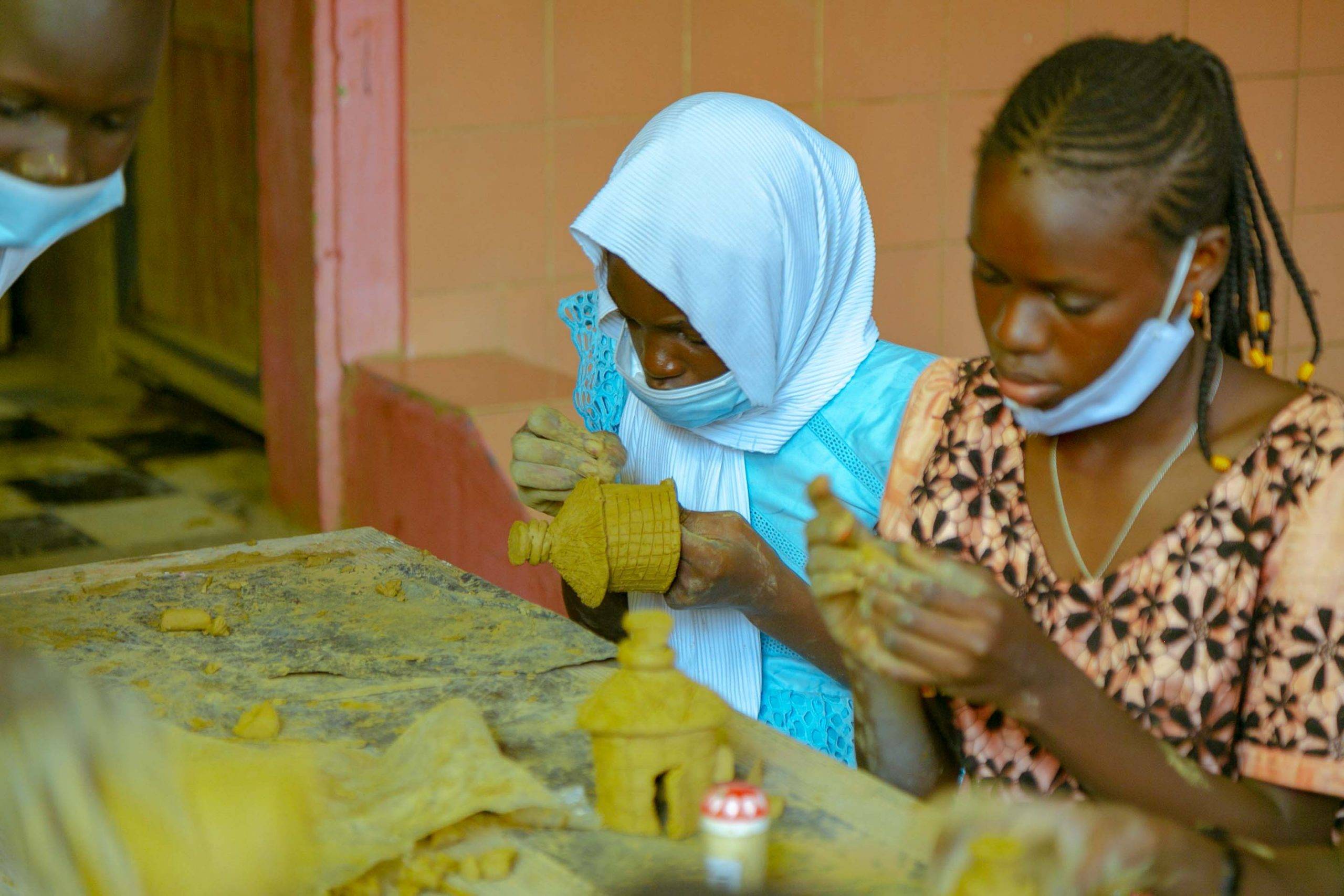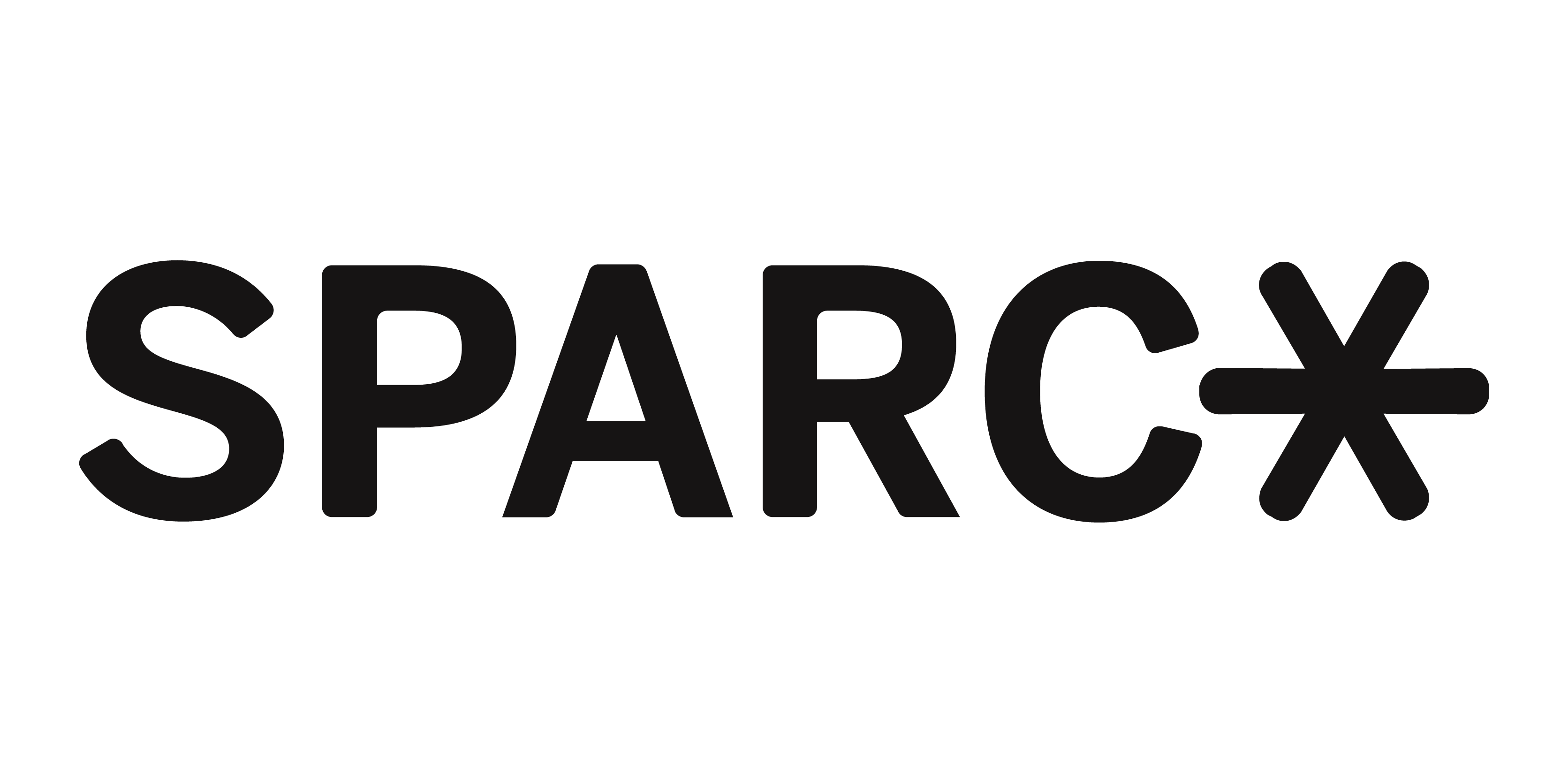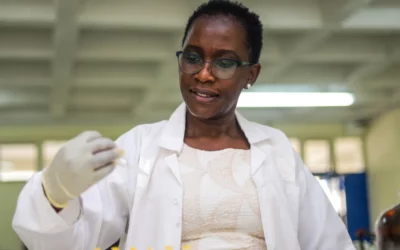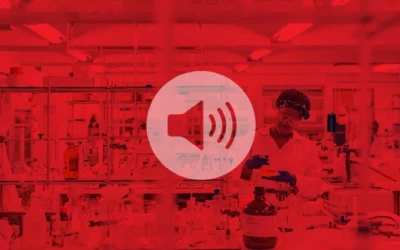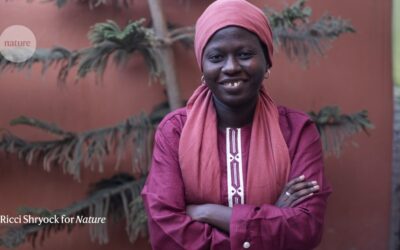By Brady Yano – for Sparcopen
Student Efforts to Advance Open Education in Africa
Earlier this fall, I wrote a blog post about student support for OER in British Columbia, Canada. This month, I want to focus on student efforts happening on the other side of the globe in Africa. In this post, I will highlight two student leaders from Africa who attended OpenCon 2016, which took place November 12-14 in Washington, DC. The conference brought together more than 200 early career and student leaders from 60 countries to learn, connect and catalyze action on Open Access, Open Education and Open Data. Both of these student advocates have taken action on open education in response to problems they recognized within their communities. Each of their initiatives is uniquely shaped based on their context, which highlights how there is no one-size-fits-all approach to advancing Open Education.
Open Education in Senegal
Khadidiatou (Khady) Sall is a female scientist born and raised in Dakar, Senegal, who is currently pursuing a Ph.D. in Molecular and Cellular Biology at Oregon State University. Khady is the founder of SeeSD (Scientific Education Exchange for Sustainable Development), an organization committed to addressing the current gap in STEM education and scientific literacy in Africa. Through the work of this organization Khady hopes that younger generations will be inspired to pursue studies in STEM fields.
Khady created SeeSD because she believes the lack of scientific literacy in Africa has led to a cultural mistrust of the scientific community at large. Recognizing the long lasting impacts of Africa’s colonial history as well as the vast cultural differences between the countries of Africa and the West, Khady notes that the way science is conducted and presented is simply not culturally relevant. “This way of thinking is actually the real enemy of African development,” she said. While SeeSD currently offers weekly hands on activities, Khady and her team recognized a need for more flexible programming which could reach larger audiences. Given that more than half of the country now has access to the Internet, and that Senegal currently has the fastest growth rates in Africa when it comes to self-paced e-learning, Senegal was chosen as the location to pilot their online learning platform, Afreecademy.
While still in the development phase, Afreecademy is set to operate off of a MOOC framework. The program stands out from other open education platforms because their content will be available in local languages. In Senegal, the most widely spoken languages are Wolof and French. By offering content in both languages, users will have the option of choosing which language they would like to learn in. A model like Afreecademy “is required if we want to develop sustainably and preserve our culture and tradition,” said Khady. With 72% of the population speaking Wolof, Khady is optimistic that students will appreciate the opportunity to learn in their native language. She also sees Afreecademy as a solution to improving scientific literacy and resolving feelings of mistrust towards the discipline. By creating a highly interactive platform, Khady is ensuring that users will be fully enabled to create and share STEM related resources which will provide users with greater ownership over their learning.
Student Advocacy in Madagascar
Fiorenantsoa “Fifi” Ny Amboara is a student at the University of Antananarivo in Madagascar. Currently serving as a Young Parliamentarian in the Malagasy Parliament, Fifi works to bridge the gap between youth and the elected Members of Parliament. By advocating for greater consideration of youth during the policy-making process, Fifi’s hope is that youth will be meaningfully consulted on issues and hold a more formalized position in the decision making process.
When asked why open education is important in her context, Fifi shared that open education can help spur development in Madagascar. “Everyone deserves education, regardless of their financial situation,” she said. Noting the steep financial barriers associated with accessing the internet as well as educational resources, Fifi believes that students are being deprived of the education necessary to be successful in their field of interest. She also shared that receiving an education from a well-reputable school has steep financial implications, preventing many from furthering their studies there.
In the coming year, Fifi and her Youth Parliament team intend on using her current position to start a campaign aimed at educating youth and policy makers on these issues. Feeling empowered by the lessons learned at OpenCon 2016, Fifi plans to begin by making Malagasy law more easily understood by youth. Through the creation of short videos and blog posts, she plans to educate youth through websites and social media platforms. Fifi also plans on raising awareness about the ways in which OER can help improve youth education. Having shared that her University Faculty has only four computers which students must pay to access, she hopes to make a call for greater internet access a national priority. Recognizing the untapped potential of utilizing digital innovation, Fifi is confident that through online means youth in her country will receive a more comprehensive and high-quality education.
Engaging the Next Generation
As we can see, the actions taken in both African countries have been largely shaped by their local contexts. Resource availability has been a determining factor in the type of open education advocacy that Khady and Fifi are pursuing. In Senegal, widespread internet access has allowed for the expansion of SeeSD, whereas in Madagascar internet access remains an outstanding priority area. As development within both countries continues, I expect the initiatives driven by these two OpenCon Alumni will position open educational practices as a favourable means to achieving educational success.
Regardless of geographic location, students are playing a key role in advocating for greater access to a high-quality education. Over the past three years, OpenCon has successfully brought together a global community of student leaders who continue to inspire and be inspired by one another. In the spirit of David Wiley’s 5 R’s, we hope that students across the globe will continue to reuse, revise and remix existing efforts to advance Open Education. While our community continues to grow, it is important to share, or as David Wiley would say, redistribute our work. At SPARC this is one of our many aims, but we need your help to inspire new efforts and catalyze action.

